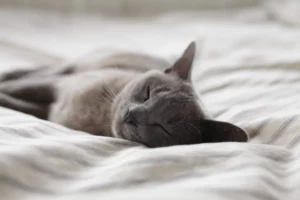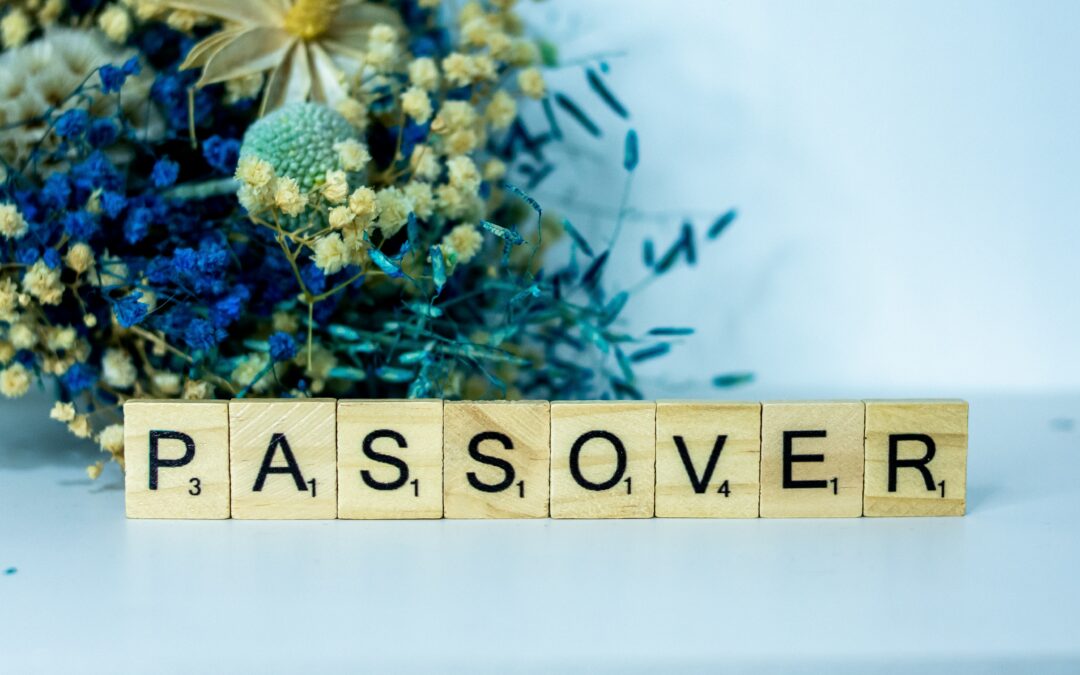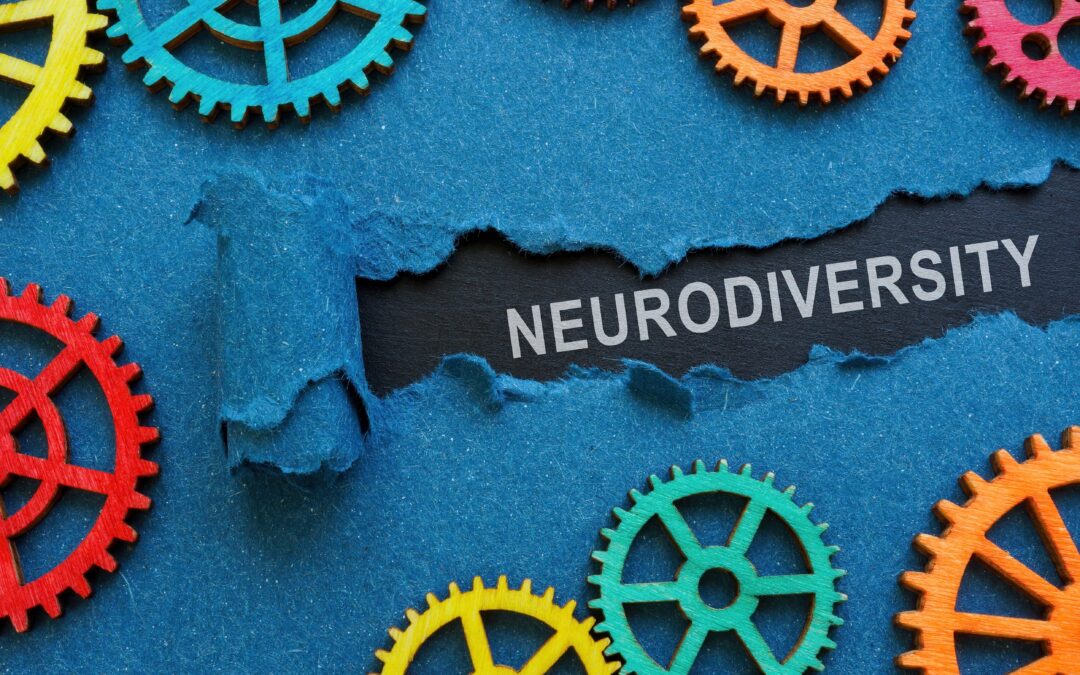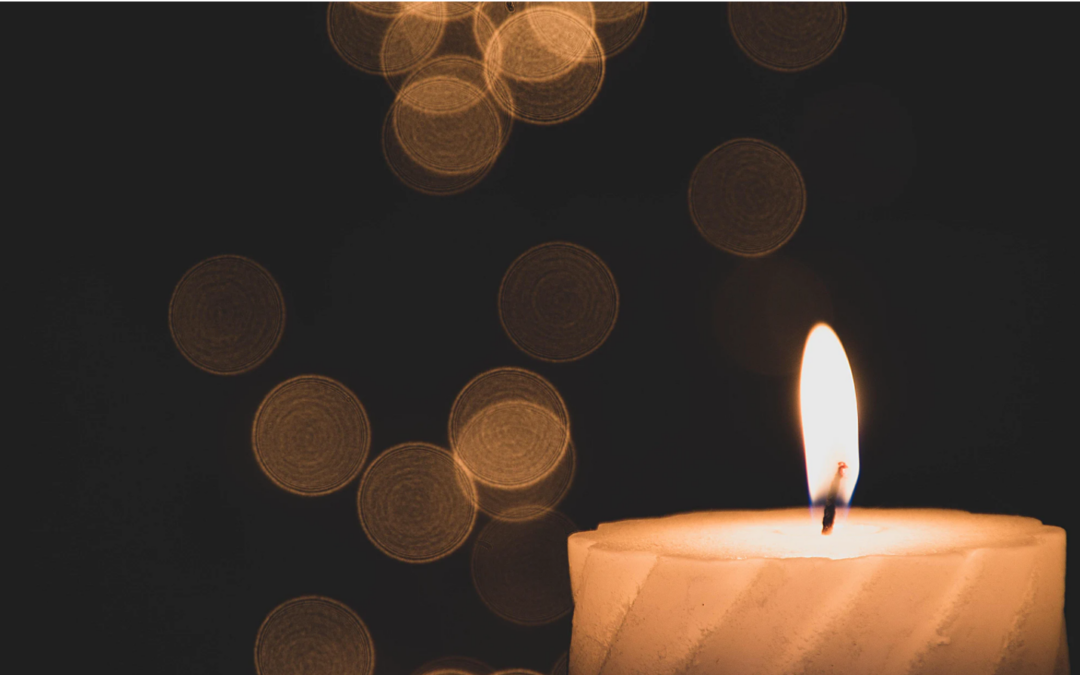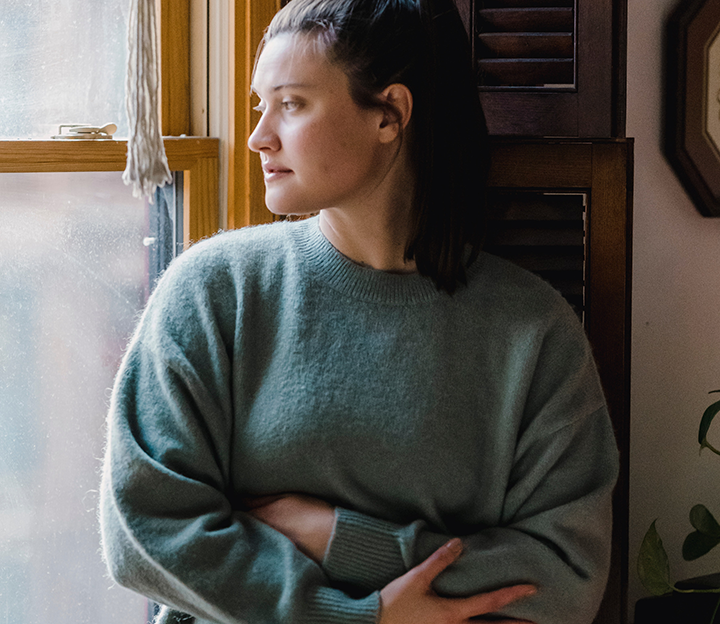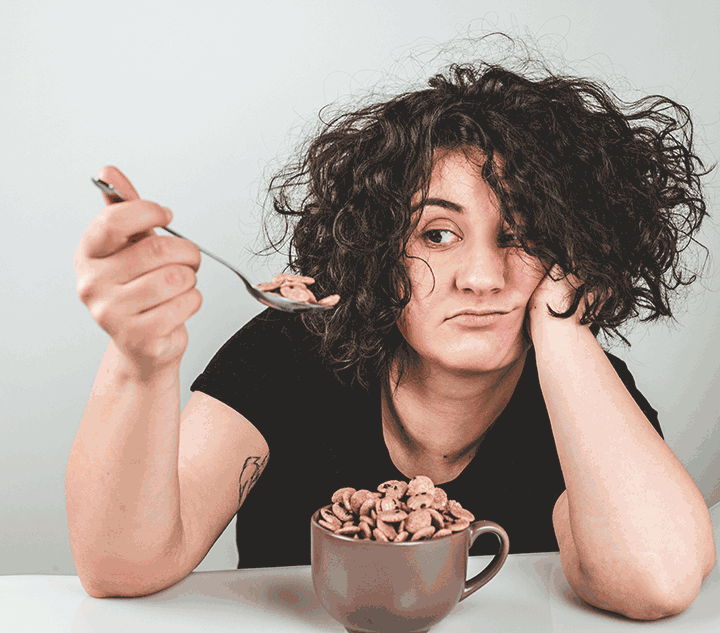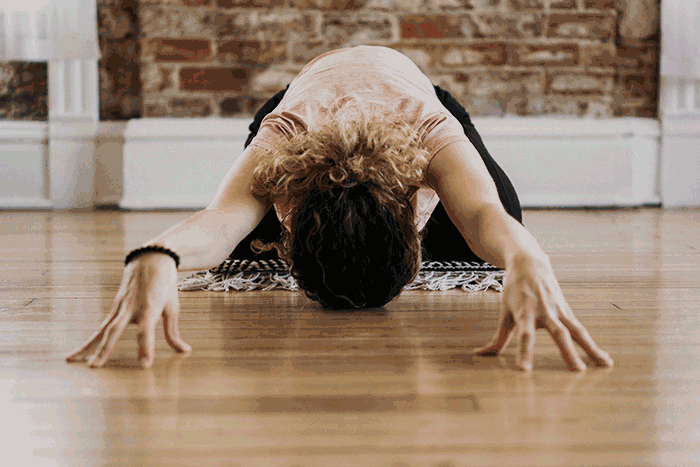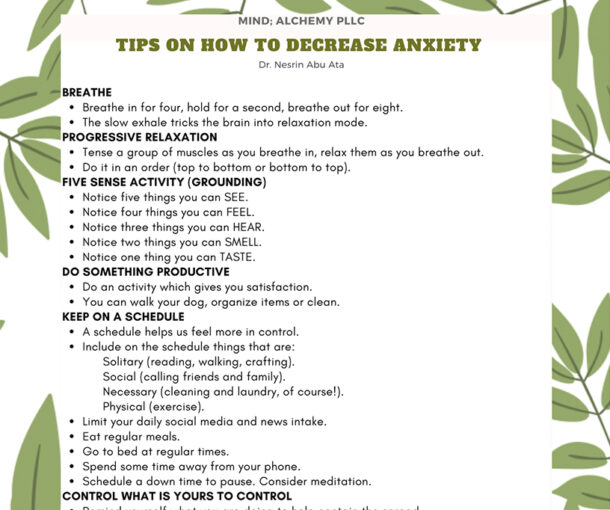QUESTION FROM A READER: I have been struggling with my sleep lately and wondering about natural ways to help me with my sleep. Because I haven’t been sleeping well, I am tired during the day. I have tried over the counter medications, but I have woken up with a hang over feeling the next morning.
ANSWER: Dear Reader, you are not alone in your struggle with insomnia. In fact, one third of the population experiences insomnia symptoms and 10%-15% meet criteria for insomnia disorder. Insomnia is characterized by difficulty initiating and/or maintaining sleep or early morning awakening. Insomnia disorder presents with chronic sleep disturbance that impairs daytime function, which you are describing.
Chronic sleep dysfunction is associated with poor health outcomes, such as cardiovascular disease, diabetes, obesity, impaired mood and cognitive function. All the more reason to get your sleep taken care and bring up your concerns about your sleep with your primary care provider. I will share with you some general information about insomnia and things that you can be aware of and consider trying. However, the information below is strictly educational, and it is not medical advice and does not replace you seeing a primary care provider to address your sleep concerns.
Understand your sleep habits
It is important to keep a sleep diary where you note the timing of your sleep habits. So for example, when do you go to sleep? How long does it take you to fall asleep? How often do you wake up at night? How long does it take you before you fall back to sleep again? What time do you wake up in the morning? Do you take naps during the day time? What is the quality of your sleep? How variable is your sleep from one night to the other?
You also need to understand your behaviors around sleep. Do you use electronic devices in bed? Do you stay in bed when you are not sleeping? Do you use your bed for anything else but sleep?

Be Aware of Prescription medications and ‘Drugs of habit’
Review the prescription and non prescription medications that you take with your provider. Some medications can be “activating”, which means they make you feel more awake, which would affect your ability to sleep. Some medications are called diuretics, which cause you to use the bathroom, and as a result you would wake up at night to use the bathroom.
Drugs of habit, such as caffeine and alcohol can affect your sleep. Some people are slow metabolizers, which means that it takes them time to break down the caffeine molecule. And so, when it’s time for bed, their body is still feeling completely awake with the caffeine molecule not being broken down.
While alcohol may be initially sedating and helping with sleep onset, alcohol disrupts sleep later in the sleep cycle, as the liver enzymes metabolize alcohol. This can lead to excessive daytime sleepiness and other issues the following day. Drinking alcohol to fall asleep can also result in building tolerance (which means you are no longer sensitive to the previous amount of alcohol, and need to drink more alcohol to get the same effects you previously got from a lower amount of alcohol). As a result, you will drink more alcohol each night in order to experience some sedative effects.
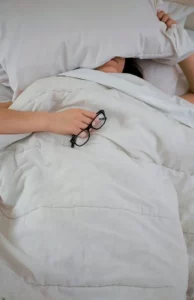
Take Stock of your General Physical Health
Do you exercise? Exercise helps tire the body out by the end of bedtime for sleep.
Do you feel like you have to keep moving or shaking your legs at bed time, and that in turn is impairing your sleep. That may be a sign of having restless led syndrome. There may be a need to have your iron level checked if there is suspicion for restless leg syndrome.
Do you deal with chronic pain that wakes you up at night?
Do your family members say that you snore at bed time? If that is the case, you may have a condition called sleep apnea, which if untreated can affect your heart.
Take Stock of your Mental Health
Many patients that deal with anxiety, depression, post traumatic stress disorder also struggle with insomnia. How well treated if your mental health? Make sure that you are seeing a mental health provider and a therapist to address your mental health. What is your stress level and how are you managing your stress level?
Take Stock of Your Sleep and Wake Routine
Are you someone who works night shifts? When you do you night shifts, there is a misalignment between your body and the circadian rhythm that regulates the sleep wake cycle. Circadian rhythms are guided by the natural light and darkness. During the day, the retina in your eyes perceives sunlight and signals your brain to release hormones (like cortisol) that keep you feeling alert and energized. As the sun sets and light fades, you brain makes another hormone (melatonin) that causes you to feel sleepy and relaxed.

In the next article next time, we will talk about what a normal sleep cycle looks like, and techniques and remedies that you can consider or bring up to your primary care provider to address your sleep. Stay Tuned!


